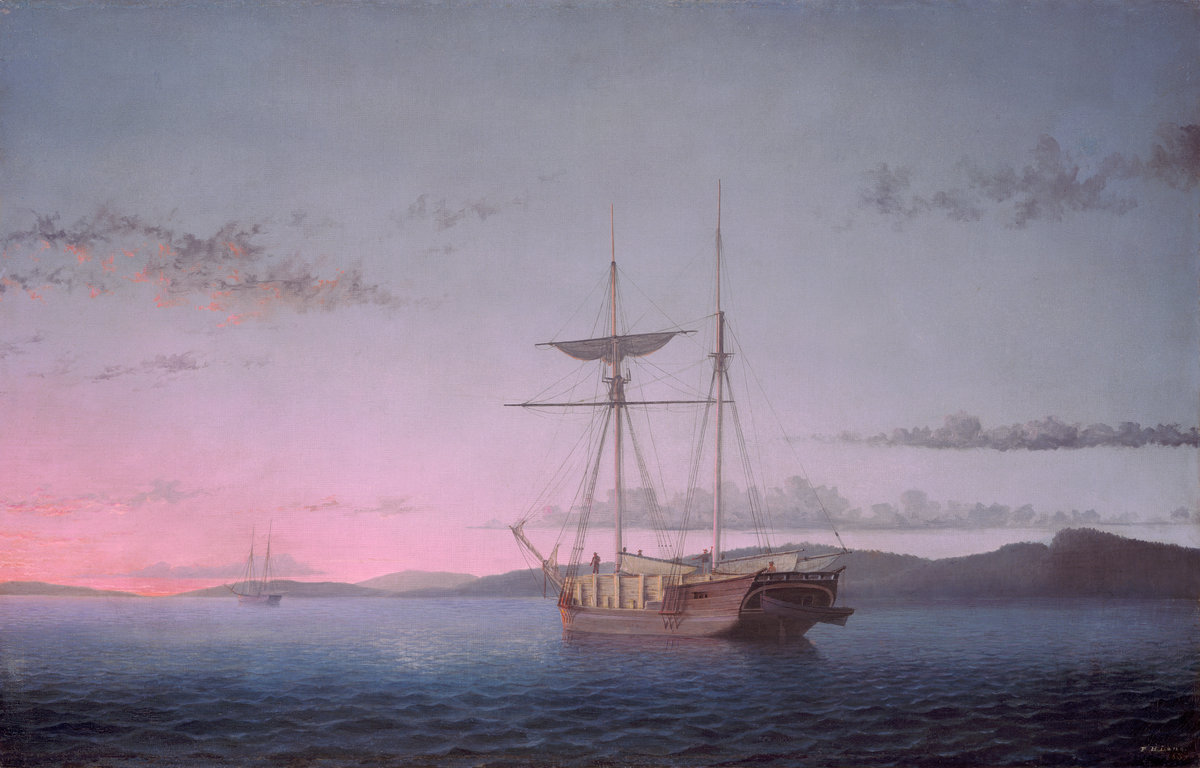By Sarah Bakhtiari

Rather than allow Wilsonian ideals to guide U.S. objectives, Stephen Krasner suggests we aim for “good enough” governance abroad. In this brand of governance, the U.S. enables the provision of basic order and services but doesn’t aim for costly institutional reform that ignores elites’ proclivity for corruption.
James Fearon says it’s useful to think of failed states as those that cannot provide public order within territorial boundaries, vice providing public goods. Some failed states might not pose a big threat to the United States’ national security in the traditional sense, but rather in a modern sense by undermining the allies’ stability and posing contagion risk. Other failed or failing states—like nuclear powers—may indeed pose a more direct traditional threat to U.S. security.
Is there a parallel to negotiations with Russia over Ukraine and the Munich Agreement of 1938? Peter Kolar and Juraj Mesik believe so, and think the West is abdicating its duties to protect Ukraine’s independence and territorial sovereignty, as outlined in the 1994 Budapest Memorandum. Is supplying Ukraine with arms a way honor that agreement? The top U.S. Army commander in Europe says arming Ukraine is not a strategy.
Boko Haram’s pledge of allegiance (or bayat) to the Islamic State seems give the organization a greater gravitational pull for extremists looking to join the cause. But is it possible Boko Haram’s new affiliation threatens to disrupt al Qaeda’s campaign on the continent? Or will the organization’s allegiance to the Islamic State subject it to more intensive responses from foreign governments?
In the fight against the Islamic State, allegations of war crimes and human rights abuses by U.S.-backed forces in Iraq abound this week, with plenty of multimedia evidence from the ‘Dirty Brigades’: here, here, and here. The Islamic State is not as novel as many think, given a long history of insurgencies that behave like proto-states, control territory, and use extreme, public violence. But that doesn’t mean the Islamic State isn’t formidable; trends in combating jihadist ideology aren’t promising.
How might we better evaluate anti-terrorism programs’ efficacy? Increased use of randomized controlled trials may be one way, but is not a silver bullet method. Although these trials are employed more frequently in studies about political violence, broadly speaking, they still pose significant practical and ethical challenges to research.
Students in Burma took to the streets to protest the government’s new curb on academic freedom, which prompted a violent governmental crackdown. Surprisingly, even the government’s opposition party, the Aung San Suu Kyi-led National League for Democracy, considers the students an impediment to its agenda, and cautions the students to refocus on constitutional reform.
Kinshasa is consumed with political fervor in anticipation of elections over the next two years, while the UN’s peacekeeping mission in the Democratic Republic of Congo (MONUSCO) is looking ahead to its exit strategy and force reduction instead of formulating plans for supporting a peaceful election process and increasing political engagement.
Nigeria is also looking ahead to elections; national elections are scheduled for March 28th and state elections for April 11th of this year. Beyond the security challenge posed by Boko Haram, Nigeria faces deeply entrenched corruption, unemployment, and insecurity.







1 comment
That Political Violence endorses an article like “From Munich to Kiev” is an embarrassment. The two Czech politicians are obviously Russian hating, war mongering idiots reverting to the cheapest and most self-serving comparison of all, i.e. Putin = Hitler. Wow, such insight! Such rhetoric is not worthy of a comments section, let alone an actual article! Add to that the usual propaganda about “sovereign states” and how sacrosanct they are, you know, like Iraq, or even better because it´s in the almighty Europe, Serbia. Oops! Now watch me as I go down and click on the “don´t send any more posts” button (if I can find it).